
In honor of Asian Pacific American Heritage Month, Tuesday’s Google Doodle celebrated Nisei short-story author Hisaye Yamamoto, among the first Asian Americans to receive post-war national literary recognition.
Throughout an acclaimed career, Yamamoto constructed candid and incisive stories that aimed to bridge the cultural divide between first- and second-generation Japanese Americans by detailing their experiences in the wake of World War II.
Born on Aug. 23, 1921, in Redondo Beach, Yamamoto was the daughter of Japanese immigrant parents from Kumamoto Prefecture. In her teens, she wrote articles for a daily newspaper for Japanese Californians under the pen name Napoleon.
Following the outbreak of World War II and due to Executive Order 9066, over 120,000 Japanese Americans were forced by the U.S. into government prison camps, where they faced harsh conditions. Yamamoto’s family was relocated from Oceanside to Poston in Arizona.
Despite the injustices encountered daily, she kept her literary aspirations alive as a reporter and columnist for The Poston Chronicle, the camp newspaper. She befriended fellow incarceree Wakako Yamauchi, who later became a well-known playwright.
Her brother Johnny joined the 442nd Regimental Combat Team and was killed in action in Italy at the age of 19. Decades later, she went to Italy to visit Johnny’s grave in a U.S. military cemetery.
As the dust settled from the war’s end, Yamamoto was released from the camp and returned to the Los Angeles area in 1945. She soon found work as a columnist with The Los Angeles Tribune,?a weekly Black-owned and founded newspaper that sought to diversify the voices in journalism and unify the Angeleno Black community with Asian Americans.

Over the next three years gathering news for the publication, Yamamoto witnessed first-hand the widespread racism that many underrepresented groups faced. For example, she had to compile a weekly list of lynchings across the country. These experiences profoundly changed Yamamoto, who became a literary champion of not just the Asian American community, but for others who also endured discrimination. She discussed this period in her essay “A Fire in Fontana.”
In 1948, Yamamoto published her first short story, “The High-Heeled Shoes,” which inspired her to leave journalism and pursue writing full-time, often exploring topics related to the intersection of gender, race, and ethnicity in her works.
The adversity she overcame at the camp formed the basis for much of Yamamoto’s work, such as her 1950 short story “The Legend of Miss Sasagawara.” She also remained a life-long advocate in the fight against war, racism, and violence.
In 1986, Yamamoto’s storytelling won the Before Columbus Foundation’s American Book Award for Lifetime Achievement for her contributions to American multicultural literature. Her book, “Seventeen Syllables and Other Stories,” was first published in 1988.
In 1991, PBS broadcast “Hot Summer Winds,” a drama that director Emiko Omori, a family friend, adapted from Yamamoto’s short stories “Seventeen Syllables” and “Yoneko’s Earthquake.” Yamamoto was also interviewed for Omori’s 1999 documentary about the camps, “Rabbit in the Moon.”
For many years Yamamoto contributed short stories and essays to community publications such as The Kashu Mainichi, The Rafu Shimpo, The Pacific Citizenand The Hokubei Mainichias well as Amerasia Journal. Her stories appeared in several anthologies of Asian American literature and a Japanese translation of her short story collection was published in 2008.
More recently, Yamamoto herself became a character in a play: “The Ballad of Bimini Baths: Mexican Day” by Tom Jacobson. Based on actual events, the play dramatized her role in protests of racial discrimination at Bimini Baths, a public bathhouse and plunge in Los Angeles. Jully Lee played Yamamoto. The title refers to the fact that Latinos were only allowed to use the pool when it was dirty and about to be cleaned.
Predeceased by her husband, Anthony De Soto, Yamamoto passed away in 2011 at the age of 89. Survivors include five children and six grandchildren.
 Persimmon Talk at Gardena Valley JCI on Sunday
Persimmon Talk at Gardena Valley JCI on Sunday
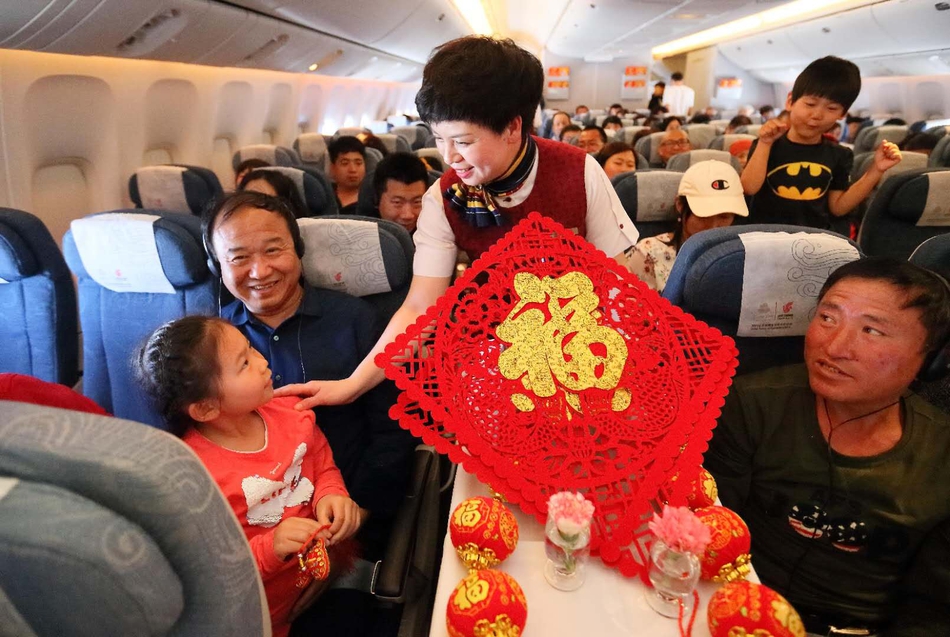 WhatsApp won't use Apple's child abuse image scanner
WhatsApp won't use Apple's child abuse image scanner
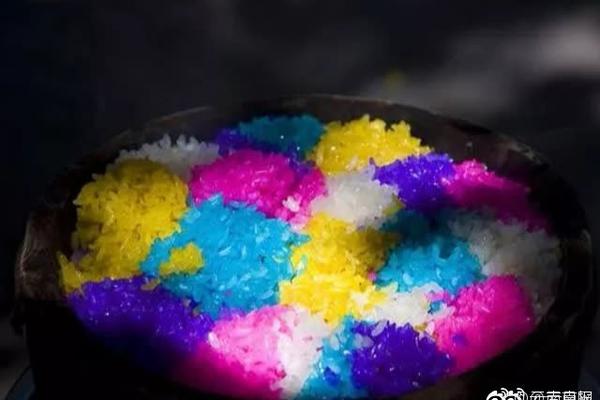 Zoom will pay $85 million to settle 'Zoombombing' lawsuit
Zoom will pay $85 million to settle 'Zoombombing' lawsuit
 Foo Fighters 'troll' Westboro Baptist Church with love and disco
Foo Fighters 'troll' Westboro Baptist Church with love and disco
 Bokashi Composting Workshop at JACCC
Bokashi Composting Workshop at JACCC
 Beth Shriever won gold in BMX racing at the Olympics. She crowdfunded to get there.
Beth Shriever won gold in BMX racing at the Olympics. She crowdfunded to get there.
 Simone Biles redefined GOAT. It's a win for us all.
Simone Biles redefined GOAT. It's a win for us all.
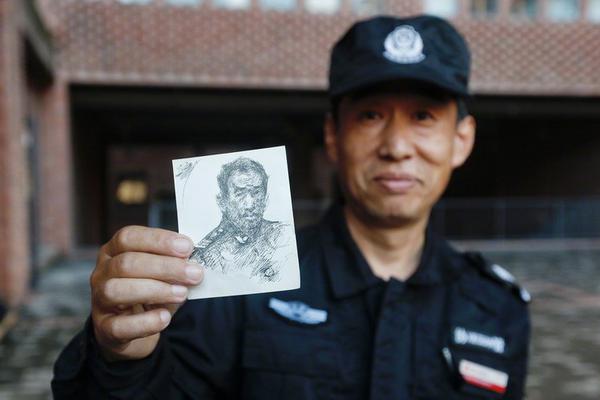 YouTube Premium Lite could get rid of ads for less money than Premium
YouTube Premium Lite could get rid of ads for less money than Premium
 Reaching Out, Reuniting
Reaching Out, Reuniting
 Ariana Grande's 'Fortnite' concert is a genuinely good time
Ariana Grande's 'Fortnite' concert is a genuinely good time
 UCLA Nikkei Student Union’s Cultural Night
UCLA Nikkei Student Union’s Cultural Night
 1 underused Slack feature that will make your work life easier
1 underused Slack feature that will make your work life easier
 Megadroughts will continue because it's only getting warmer
Megadroughts will continue because it's only getting warmer
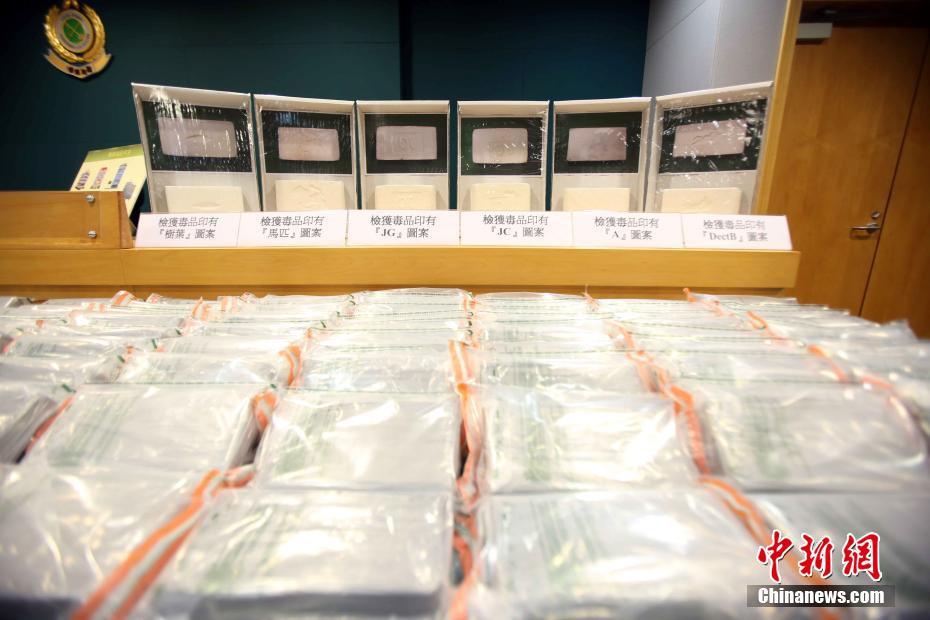 Uber, Lyft prices keep climbing to new highs, report finds
Uber, Lyft prices keep climbing to new highs, report finds
 Хьюстон, мы вышли в открытый космос — как прошел финал Winline EPIC Standoff 2 Cosmo: Major
Хьюстон, мы вышли в открытый космос — как прошел финал Winline EPIC Standoff 2 Cosmo: Major
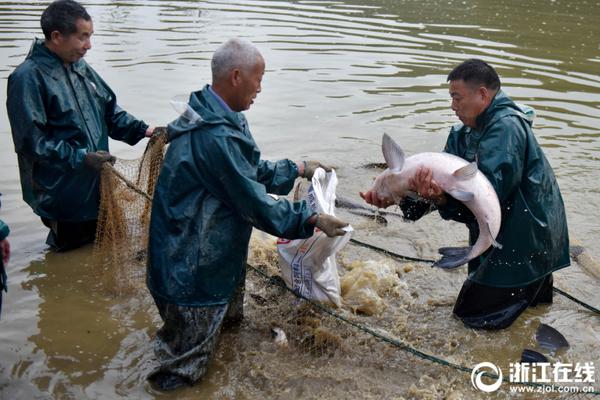 Slack has the absolute worst ad of the Olympics
Slack has the absolute worst ad of the Olympics
 Beth Shriever won gold in BMX racing at the Olympics. She crowdfunded to get there.
Beth Shriever won gold in BMX racing at the Olympics. She crowdfunded to get there.
 Tesla officially pushes back Cybertruck production to 2022
Tesla officially pushes back Cybertruck production to 2022
 Screening of ‘Close
Screening of ‘Close
 EU slaps Amazon with a record $886 million fine over privacy violations
EU slaps Amazon with a record $886 million fine over privacy violations
Rodrigo Duterte's string of outrageous and offensive statementsThis cafe had the perfect response to a 1Bow down to Aurora, fluffy cat princess and IRL Snapchat filterPrince Charles blasts Twitter for posing 'mortal threat' to written EnglishExam tests if students can identify their Asian teacher in a groupMiles Teller apologizes to the internet for his terrifying bleached hairAriana Grande and Mac Miller declare their love with a leg hugRihanna fed the pigeons of New York City at 7 a.m. because why not?Facebook coDude unexpectedly snaps the perfect sunset wedding photo What you need to know about the creepy 'the 1975..com' Google bug The Onion brought Elon Musk and Malala Yousafzai together on Twitter Simone Giertz, creator of 'Shitty Robots,' undergoes surgery to remove brain tumor Snapchat's dino filter gives this birthday video a very lewd twist Watch Trump bungle his way through the lyrics to 'God Bless America' Scott Pruitt is still employed after even Fox News turns on him Issa Rae made a bold Kanye West joke right in front of Kim Kardashian The infamous Donald Trump and Kim Jong This week in Trump magazine covers: crowning a king and channeling Miley Cyrus Pornhub rolls out 'Pornhub Nation,' an interactive escape from reality
0.237s , 10021.1484375 kb
Copyright © 2025 Powered by 【sex c?a ?n ??】Google Doodle Celebrates Hisaye Yamamoto,Global Hot Topic Analysis